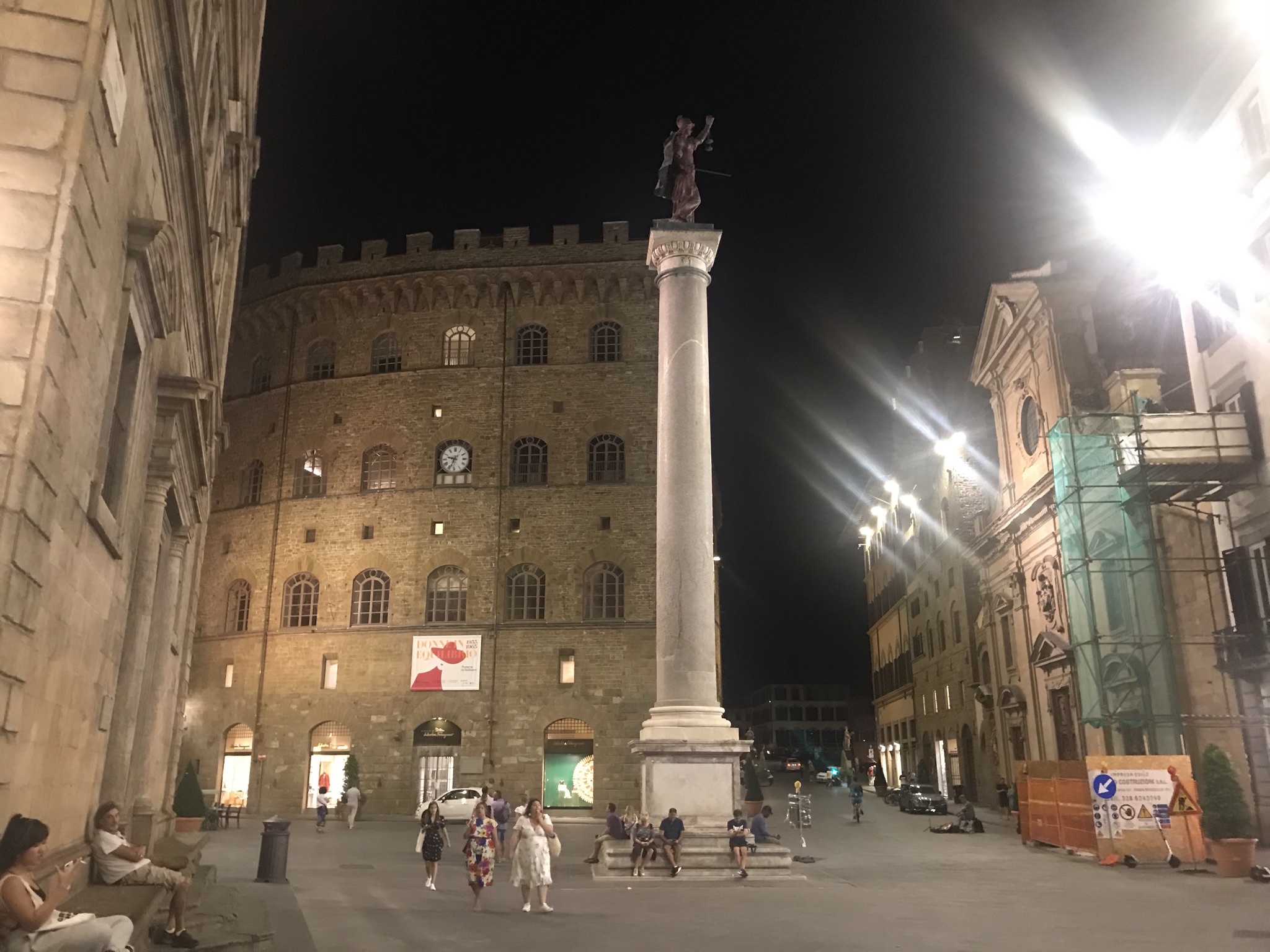Navigating the Corporate Maze: A Personal Reflection on Workplace Culture
Entering the corporate world can feel like stepping into a completely different universe, especially after spending a significant amount of time in a smaller, more transparent work environment. My recent transition to a Fortune 500 company has prompted me to question why so many professionals are drawn to larger organizations, considering my own experience was far from pleasant.
A Journey from Small to Corporate
I dedicated the first eight years of my career to a company that boasted a modest headcount of around 200 employees. The structure was simple: a CEO, a few managers, and a team of junior staff members. This environment fostered a collaborative spirit where the hierarchy was limited, and performance was rewarded based on a shared understanding of our goals.
However, upon joining a major corporation, I encountered a drastically different culture. My experience was riddled with challenges, from witnessing the breakdown of effective communication to observing team members undermining one another’s work. Common themes included office politics, gossip, and a pervasive sense of toxicity that clashed with my personal values. In stark contrast to my previous belief that work should revolve around collaboration and mutual support, my time at the Fortune 500 company felt dominated by negativity and self-serving behavior.
A Culture of Mistrust and Sabotage
From my perspective, it seemed as if many employees were more invested in scheming against their colleagues than contributing to the company’s overall success. The frequent back-and-forth gossip and the deliberate withholding of information left me questioning the productivity and efficacy of such an environment. I began to wonder if this was truly the norm in corporate life, as I frequently found myself feeling lonely in my disillusionment.
As I sought answers, I turned to online communities like Reddit, where many shared similar experiences. This communal candidness provided some solace, but it also intensified my curiosity about why individuals continue to gravitate towards these large organizations despite the evident drawbacks.
The Corporate Dilemma
This begs the question: why do countless professionals choose to invest decades of their careers in environments they may not find rewarding? Do they genuinely believe that this cutthroat culture is an acceptable way to navigate their working lives? Or does the draw come from other factors such as higher pay, job stability, and prestige that large corporations can offer?
It feels paradoxical that many endure this toxic atmosphere when so many lament about it online. My journey through the corporate labyrinth made me reflect on whether there are










One Comment
Thank you for sharing such a candid and insightful perspective. Your reflections highlight a critical aspect of the modern corporate landscape—why many professionals still gravitate toward large organizations despite their well-documented challenges. I believe several factors come into play here.
Firstly, the appeal of stability and perceived prestige cannot be overlooked. Larger companies often offer structured career paths, extensive resources, and benefits that smaller firms may struggle to match. For many, these elements provide a sense of security and a tangible marker of success.
Secondly, the allure of professional growth and networking opportunities within vast corporate ecosystems can be significant, even if the internal culture falls short. Some individuals may tolerate or even overlook toxic elements initially, hoping that career advancement or future opportunities outweigh current frustrations.
However, your experience underscores the importance of consciously choosing environments aligned with personal values and work culture preferences. It also raises the need for larger organizations to introspect and prioritize fostering healthier, more transparent cultures. Ultimately, career satisfaction hinges on finding a balance between practical benefits and genuine fulfillment—something that smaller or more purpose-driven organizations often excel at providing.
Thanks again for sparking this meaningful discussion. It’s crucial to question what truly makes workplaces rewarding and how we can advocate for cultural shifts that support everyone’s well-being.